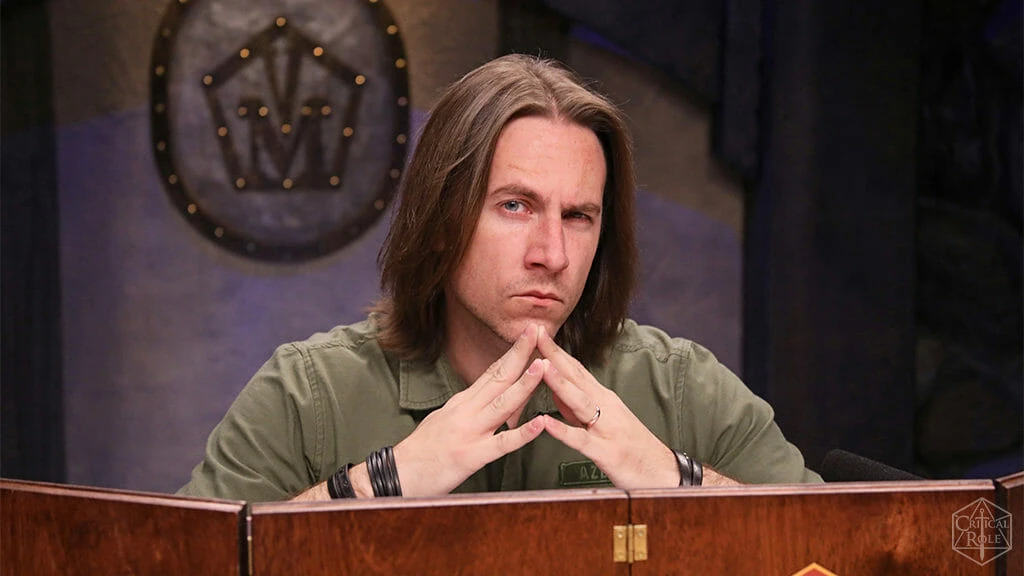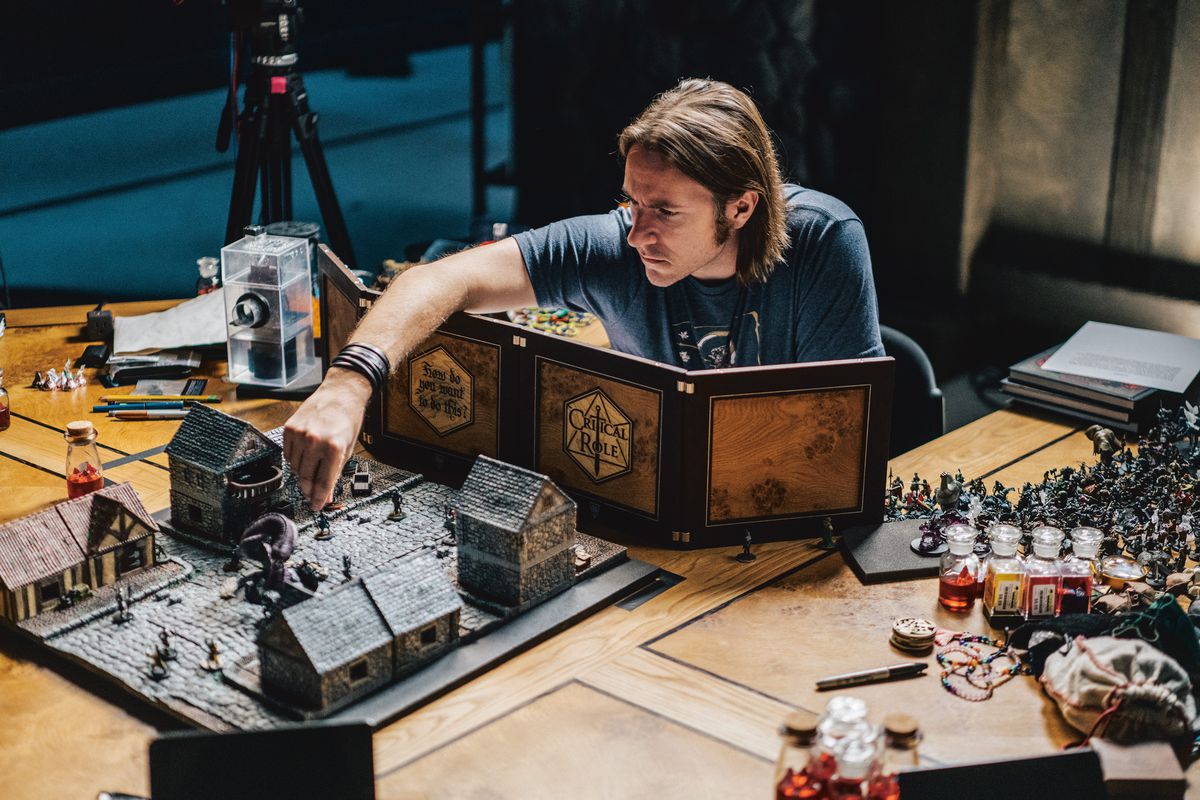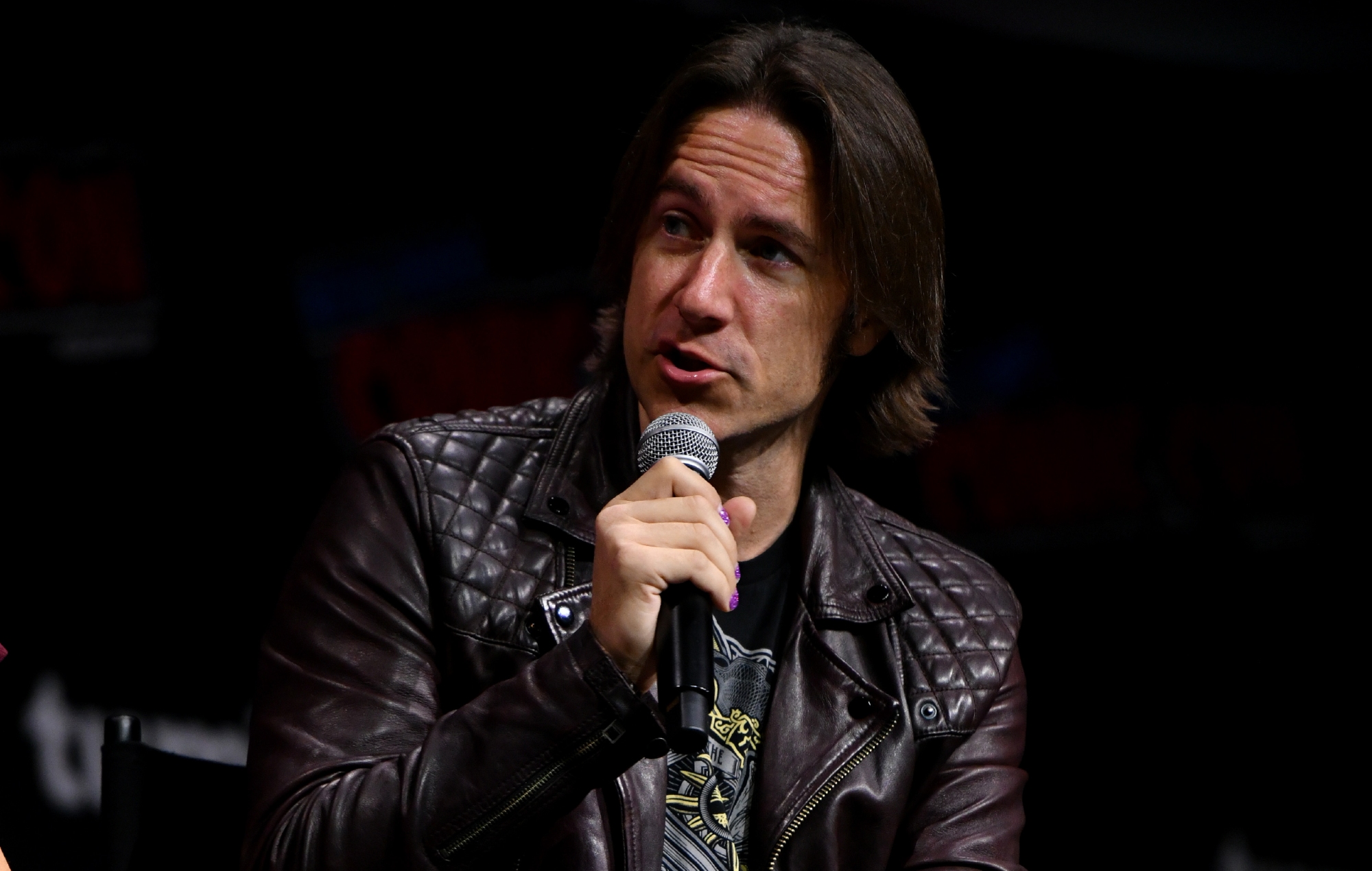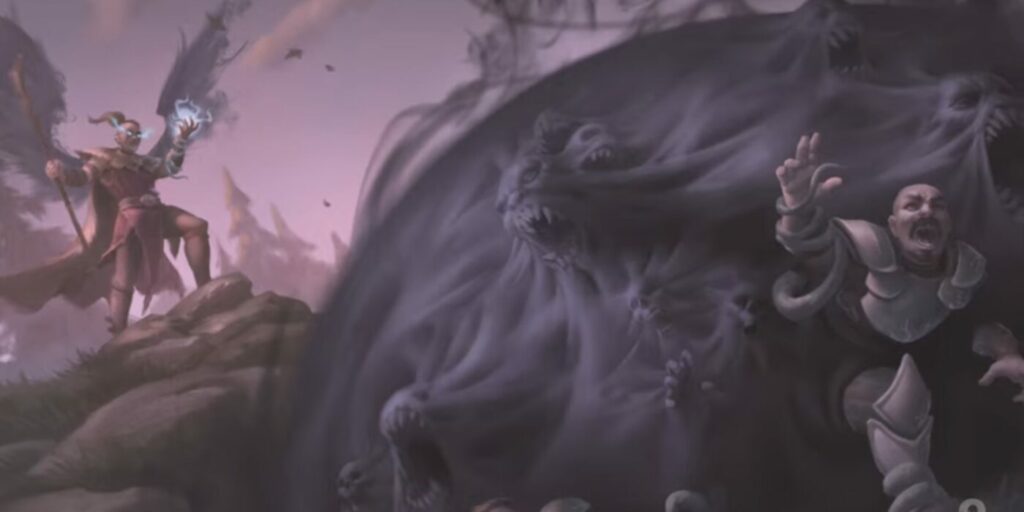D&D Beginner’s Guide: How to DM like Matt Mercer

Want to spice up your DMing style? Look no further for inspiration than voice actor extraordinaire Matthew Mercer.
Hailed by many in the hobby as a perfect dungeon master, Matt Mercer’s style of running TTRPGs has left a lasting influence on the community. Being the host of the internet’s biggest live D&D campaign Critical Role, his ability to constantly build an amazing narrative time and time again leaves most in awe.
When new DMs run their first game without prior experience, they normally make many basic mistakes that take time to iron out. These mistakes include examples such as forgetting how mechanics work, railroading their players, or just straight-up metagaming.
Now, Matt Mercer isn’t a divine figure to whom all DMs should look for inspiration. In fact, many DMs should explore their own DMing styles to find what works for them. However, most DMs learn what works best for them by referencing other DMs and their styles first, taking parts along with them into their own games.
And considering Matt Mercer has around 28 years of experience rolling dice, I think he makes a pretty good reference point for beginners.
So, if you’re looking for new ways to improve your DMing, here are some tips from an industry veteran!
How Do You Want to Do This?
“How do you want to do this?“ This quote has gone down in legend as one of the coolest things a DM can ever ask a player.
Having the agency to play your character how you want and having the ability to leave your own impact on the campaign is a crucial aspect that makes TTRPGs as fun as they are. The freedom of choice present in TTRPGs is what differentiates them from most other board games. And a DM should always work to promote that in their games.
Matt Mercer believes that the greatest points of a campaign are when the DM sits back and does nothing (or as little as possible). Instead, the greatest satisfaction is watching as their players roleplay with each other or with their world. When moments like this arrive, it means the DM has done a good job setting up a narrative the players want to be engaged in.
While you can’t force it, giving your players the chance to roleplay and engage with the world makes them feel awesome. It makes them feel like they are actively influencing their environment and are really making a difference.
We are Friends. Not Foes.
Ok. Yes. The DM does play a big, bad, evil crocodile who stole all the bananas from a clan of monkey warriors. But that doesn’t mean they’re one in real life!
When sitting at a table for a campaign, it can be easy to view, from a player’s perspective, that the DM is the enemy of the players. After all, they are the sole force that dictates whether or not you get that magical item. Or if your attack manages to cleave that weirdly gorgeous blue-eyed sorcerer in half.
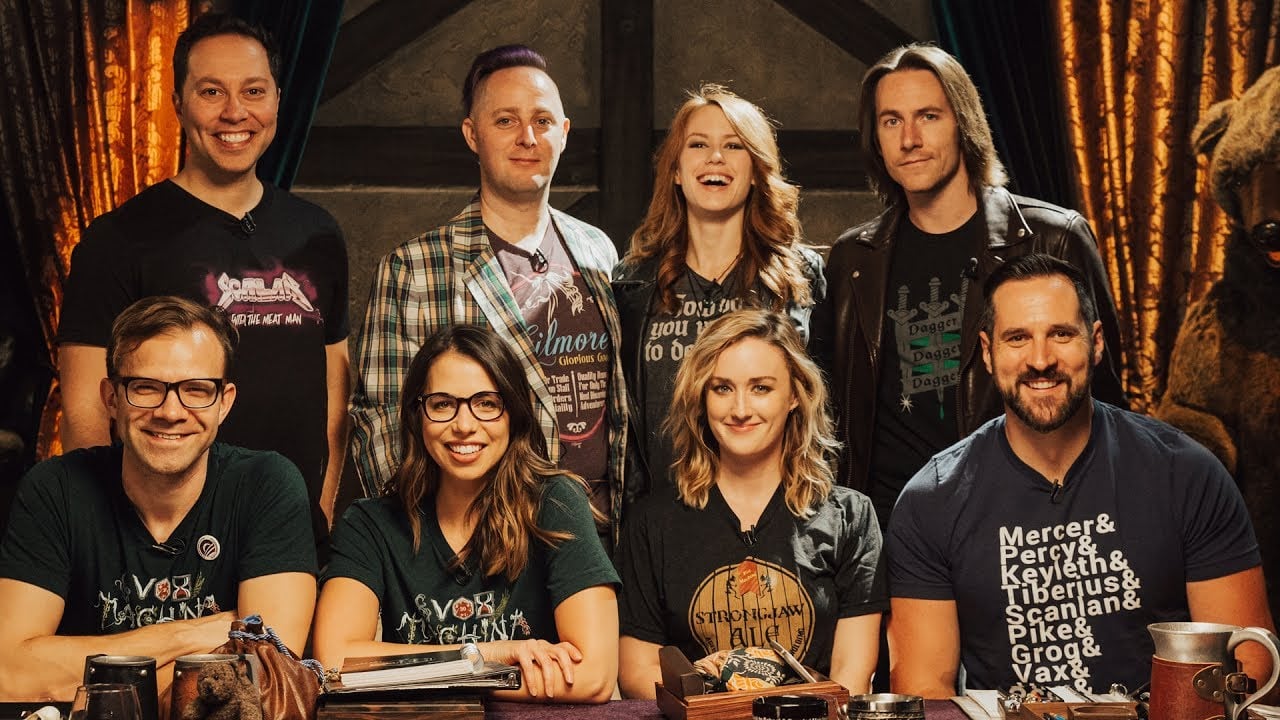
However, this can be easily dispelled with some basic communication between the two parties.
Matt has never made it a point to illustrate this priority, but he shouldn’t have to. It’s practically an unspoken rule. If you watch any episode of Critical Role, you will find that Matt never argues with his players or vice versa. There is mutual respect between all of them. Matt might cause all the problems the players encounter, but at no point do they treat him like such.
Rather, they treat him like a friend. Sure, the cast members poke and prod at him from time to time. But he also does it back, acknowledging the mischievous jokes by making his own. He laughs with them. Never at them.
As a DM, if you feel at anytime your players are taking your choices personally, sit down and talk to them about it outside of the game. Discuss what might be making them feel like you are targeting them, and try to find a solution.
You Write Mad Libs, Not Movies.
As a follow-up to the first tip, DMs often find themselves with the mindset that they have to be in control of everything. Seeing themselves as the only ones who can be responsible for how the story can go. Because others will only work to ruin it.
This is normally done without malicious intent when the DM “railroads the story.”
By “railroading the campaign”, the DM essentially doesn’t give their players any choice or agency as to what their characters do next. Like forcing them to take a quest but having the only reason being, “You have to do it!” Or having a villain succeed in their plans no matter how many preparations the players have taken in advance.
So, rather than fearing his players’ chaotic nature, restricting their options, and forcing them into the storied railroad, Matt always remains calm.
Instead of punishing the players who stray away from his pre-established plans and engage in their own role-play or problem-solving solutions, Matt improvises and adjusts to make his world feel more full and dynamic. Every problem he proposes never has just one strict solution. Instead, he might plan a few solutions in advance but doesn’t discourage his players from coming up with another one on their own.
It can be intimidating to come up with improv on the fly, especially if you aren’t experienced or get nervous when not following a strict flow chart. However, allowing for more solutions than just a hammer for every nail can be beneficial to both the DM and the players. It encourages players to get invested, ask questions, and make decisions they wouldn’t make otherwise, ultimately fleshing out their characters more dynamically.

